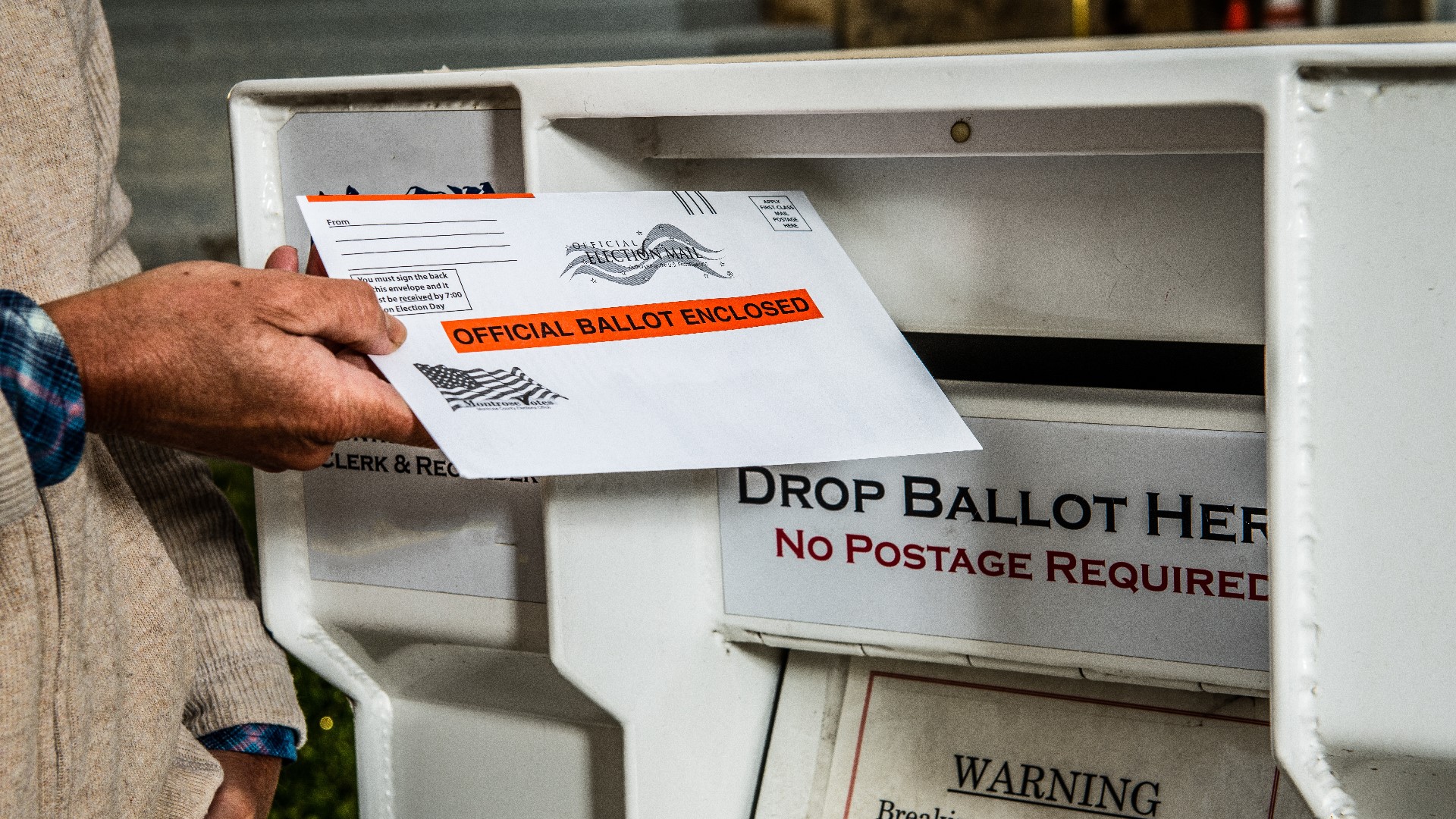PORTLAND, Ore. — April 26 is the last day to register to vote or update your party affiliation before Oregon's May primary election. Choosing a party affiliation is particularly important if voters want to vote in partisan primary races.
Oregon has closed primaries, meaning only registered Democrats can vote in the Democratic primary and only registered Republicans can vote in the Republican primary.
Unaffiliated voters and those registered to another party receive ballots without those party-specific races. All primary ballots, including those for nonaffiliated voters or voters registered with smaller political parties, contain nonpartisan races, like judges and local measures.
Elections are run by individual states, and Oregon is one of only nine states in the country that still have completely closed primaries — meaning you must be a member of a political party to vote in one, no exceptions.
What's the thinking behind this? There are arguments for and against closed primaries. Some say closed primaries prevent "crossover voting" — for example, a Republican voter voting against a Democrat they don't like in the primary to try to keep them off the general election ballot. Others argue it forces candidates to take more extreme positions to cater to the fringe voters in their own party, which keeps more moderate candidates from advancing to the general election.
A group called Oregon Open Primaries is trying to get an initiative on the November 2022 ballot which would amend the state constitution and allow open primaries for statewide and federal offices. The group is still collecting signatures and needs almost 150,000 for the measure to make it onto the ballot.
Oregon voters rejected similar ballot measures in 2014 and 2008.
Voters receiving their primary ballots may wonder why they don't see one particular candidate, Betsy Johnson. Johnson, who served in the Oregon Senate as a Democrat, is running for governor as an unaffiliated candidate, which means she will appear on the general election ballot but does not participate in a primary.

